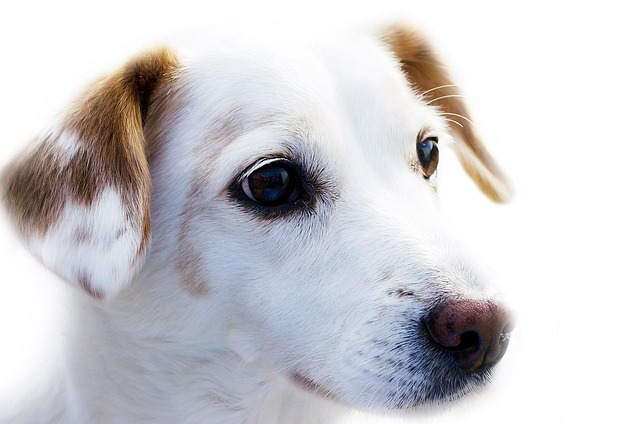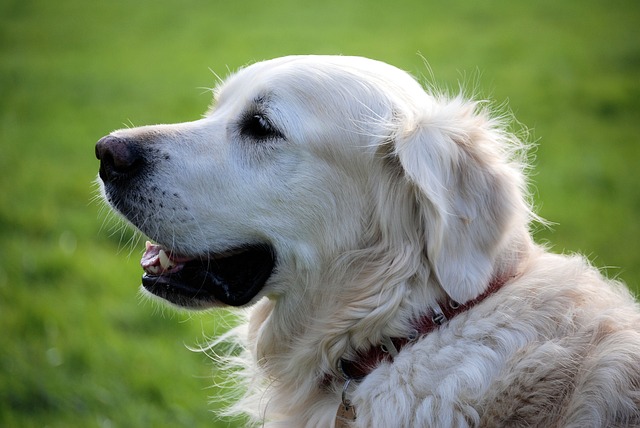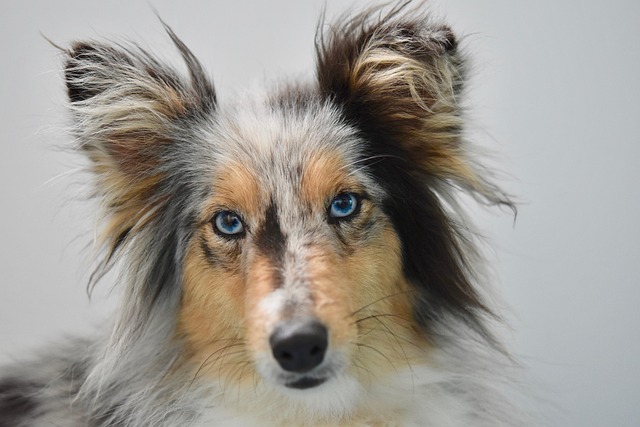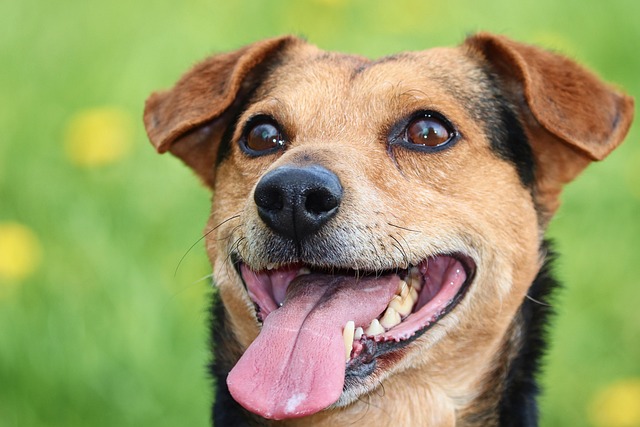Small intestinal diarrhea is a common intestinal problem in dogs. It not only makes the dog's body uncomfortable, but also affects every nerve of the owner. Understanding how to scientifically and effectively treat small intestinal diarrhea in dogs is not only the key to protecting their health, but also a reflection of our deep love for our fur children. Every attention and action is full of our urgent wish for them to recover as soon as possible.
The causes of small intestinal diarrhea in dogs are complex and diverse, just like a "health killer" hidden in the dark, always threatening the gastrointestinal health of dogs. Improper diet is one of the most common causes. Dogs are naturally curious and like to explore everything around them. Sometimes they accidentally eat spoiled food, sharp foreign objects, or suddenly change dog food, which may irritate the small intestinal mucosa and cause diarrhea. For example, if a dog accidentally eats leftovers that have been left for too long, the bacteria and toxins that grow in them will destroy the microbial balance in the intestines; and if the dog is suddenly replaced with a new brand and a new flavor of dog food, the stomach and intestines cannot adapt in time, and a stress response will occur, leading to diarrhea.
Intestinal parasitic infection is also an important factor causing small intestinal diarrhea. Parasites such as roundworms, hookworms, and tapeworms live in the small intestine. They not only rob the dog's body of nutrients, but also damage the intestinal mucosa and cause inflammation. When a dog is infected with parasites, eggs and bodies may appear in the feces, and the diarrhea symptoms will be good and bad, and recurring. Imagine that the tiny parasites are wreaking havoc in the dog's intestines, and the dog cannot express the pain in words, and can only convey physical discomfort through frequent diarrhea, which makes the owner anxious. In addition, viral and bacterial infections, such as canine distemper virus, parvovirus, and Escherichia coli, will also invade the dog's small intestine and cause severe diarrhea. At the same time, they may also be accompanied by vomiting, fever, loss of appetite and other symptoms, causing the dog's physical condition to take a sharp turn for the worse.

When a dog has small intestinal diarrhea, the symptoms are more obvious. The most intuitive is that the number of bowel movements increases, the properties of the feces change, and become watery and soft, shapeless, and in severe cases, watery, and may also contain mucus, blood, or a special fishy smell. Due to frequent diarrhea, the area around the dog's anus will become red, swollen, and itchy due to the irritation of feces. They may lick their anus frequently or rub their buttocks on the ground. Continuous diarrhea will cause the dog to lose a lot of water in the body and show symptoms of dehydration, which are manifested as listlessness, sunken eyes, poor skin elasticity, dry mouth and tongue, etc. Seeing the originally energetic dog become weak and powerless, with pain and helplessness in his eyes, the owner wishes he could bear this pain for them.
Once the dog is found to have symptoms of small intestinal diarrhea, it is very important to take them to the pet hospital for professional diagnosis in time. The veterinarian will understand the dog's diet, onset time, symptoms and other information through detailed interviews, and then conduct a comprehensive physical examination, including palpation of the abdomen and auscultation of intestinal peristalsis. In order to accurately determine the cause of the disease, fecal examinations will also be performed to find out whether there are pathogens such as parasite eggs, bacteria, and viruses; if necessary, blood tests, X-rays or B-ultrasound examinations may be performed to rule out other potential diseases. While waiting for the test results, the owner's heart was full of torment, and every minute and every second he was looking forward to the dog's safety.
For different causes, the treatment method is also different. If the diarrhea is caused by improper diet, the dog's diet needs to be adjusted first. Temporarily stop feeding ordinary dog food and feed easily digestible food, such as rice porridge, boiled chicken, pumpkin puree, etc. These foods can not only reduce the burden on the intestines, but also provide the necessary nutrition for the dog. At the same time, make sure that the dog has enough clean drinking water to prevent dehydration. For diarrhea caused by parasitic infection, the veterinarian will prescribe corresponding anthelmintics according to the type of parasites, such as roundworm anthelmintics and tapeworm anthelmintics. Strictly follow the doctor's instructions to give the dog medicine, regularly perform internal anthelmintics, and solve the problem from the root. For diarrhea caused by viral and bacterial infections, the treatment is relatively complicated, and antibiotics and antiviral drugs may be used for treatment, while infusion is used to supplement water and electrolytes to maintain the dog's body's acid-base balance and nutritional needs.
In addition to drug treatment, daily care also plays a key role in the recovery process of small intestinal diarrhea in dogs. Keep the dog's living environment clean and sanitary, change the bedding regularly, and wipe the doghouse, toys and other items with pet-specific disinfectants to prevent the growth of bacteria and viruses. Keep the dog warm, especially the abdomen, to prevent cold from aggravating diarrhea symptoms. During the dog's illness, give them more care and companionship, soothe them softly, and touch them gently to make them feel the support and encouragement of their owners. As the dog's condition gradually improves, gradually transition to a normal diet, follow the principle of eating small meals frequently, observe the dog's digestion, and ensure that the gastrointestinal function is fully restored.
Dogs are the most loyal companions in our lives. They accompany us every day with unconditional love. When they suffer from small intestinal diarrhea, we are their most solid support. Every careful care and every meticulous care are our expressions of deep love for dogs.






